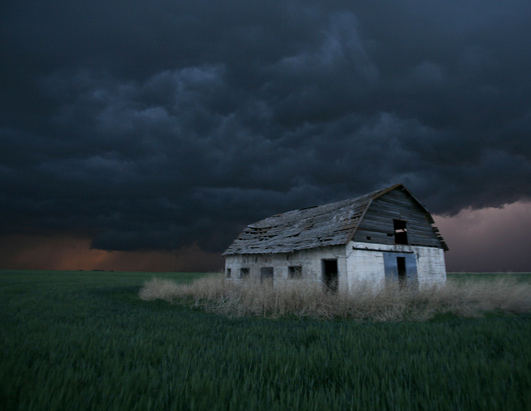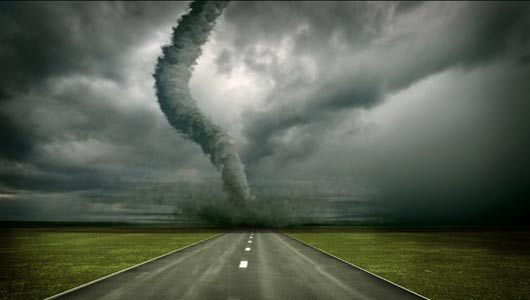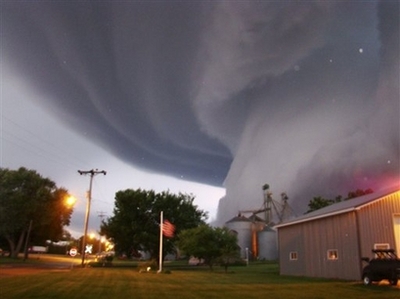By writing and then allowing this piece to be published, Elana Milashina puts her own life in jeopardy.
To be remembered when someone on your television starts patting themselves on the back for "speaking truth to power".
I know it's long, but it would please your Uncle Roany to no end if you would read this entire piece.
From today's opinion section of the  Wall Street Journal.
Wall Street Journal.
The High Price of Journalism in Putin's Russia
By ELENA MILASHINA
Moscow
As a journalist for Russia's leading independent newspaper, Novaya Gazeta, I have been lucky. For over a decade I've had the privilege to report extensively on dramatic current events in my country—including in Chechnya and other turbulent North Caucasus republics.
But press freedom is gradually becoming extinct in my country. In the past week alone, two reporters were brutally beaten because of their commitment to honest journalism. Novaya Gazeta has miraculously kept afloat—escaping governmental control, refusing self-censorship, and telling stories from the point of view of ordinary citizens.
Yet we have paid a heavy price for our independence. Over the past 10 years, five of Novaya Gazeta's journalists have been murdered. One of the victims was our star correspondent and my mentor, Anna Politkovskaya, who was assassinated in 2006 after tirelessly exposing brutal human-rights violations in Chechnya.
I got my break as a journalist in 2000, covering the sinking of the Kursk submarine in the Barents Sea by getting a scoop from high-level sources in the Navy. This story taught me a lot about how the Putin government operates. In that case government officials tried to cover up the fact that 23 sailors aboard the submarine survived for many hours after a deadly explosion in the torpedo unit—precious hours during which the authorities did nothing to try to save their lives.
I covered the biggest story of my life so far, the Beslan school siege, in the fall of 2004, and it left me with an almost crippling sense of frustration. Journalistically, it was a success: In a series of front-page stories, my team exposed what happened in that North Caucasus town when a group of armed militants took people hostage in a school for three days.
The government said there were 354 hostages, but we reported the actual number, which exceeded 1,000. The government said the initial explosions in the school building were triggered by the hostage-takers, whereas we proved that the secret services fired first. The government pretended it tried to negotiate with the terrorists, but that never happened. The human cost of the government's "rescue operation" was horrific: 333 dead, including 186 children. We reported the truth, but no justice was rendered for the victims.
Since then, independent reporting and advocacy has become lethal. Last year the body count was unprecedented for those working to expose abuses in the North Caucasus region: Six people were murdered, all of whom I knew.
One of the victims was Natasha Estemirova, a leading Chechen rights activist from Memorial Human Rights Center and a very close friend. She was abducted and brazenly shot dead on July 15, 2009, a day after she completed a joint mission with me and a Human Rights Watch researcher, another close friend. The researcher and I said goodbye to Natasha, promised to be back in a month or so, and got on a plane bound for Moscow. We heard the horrible news the next day and flew back for her burial.
The investigation into Natasha's killing has not been transparent. It is unclear what steps—if any—have been taken by the investigators to examine possible official involvement or acquiescence to the crime.
I am exhausted from the funerals, and I am frightened for my friends, my colleagues and myself. This horrifying chain of murders will not be broken until the perpetrators—those who pulled the trigger and especially those behind the killings—are brought to justice. And we can hardly hope for a proper investigation while Vladimir Putin holds the reins of power.
This May, at a meeting with groups working in the North Caucasus region, President Dmitry Medvedev repeatedly stated that local authorities must cooperate with civil-society organizations. His message was welcomed by human rights defenders present at the meeting, including Natasha Estemirova's colleagues from Memorial and Human Rights Watch.
I reported on the meeting in my newspaper, hoping that something might change. Nothing did. Ramzan Kadyrov and other high-level Chechen officials continued threatening their critics. Less than a month after the meeting with Mr. Medvedev, Mr. Kadyrov described human rights defenders and Memorial activists in particular as "enemies of the state, enemies of the people, enemies of the law." The Kremlin has not condemned this statement in any way.
Today, Memorial Chairman Oleg Orlov is in the middle of a criminal trial for slander. The charges stemmed from Mr. Orlov's statement suggesting that Mr. Kadyrov was responsible for Natasha Estemirova's murder. Mr. Orlov faces up to three years in prison if convicted.
Crushed by the killings of friends and active threats against their own lives, Russia's already small community of independent reporters and human rights defenders is shrinking dramatically. Some are on the verge of giving up. Those who continue to courageously do their work need to know that they are not alone.
It is imperative that European and American leaders show Russia that they will not tolerate this situation. At every bilateral or multilateral forum, European Union member states and the United States should ask specific questions about the progress of investigations into the killings of rights advocates and reporters. Ending impunity is a prerequisite for fostering a normal environment for Russian civil society.
It is also a prerequisite for keeping us alive.
Cajones defined.

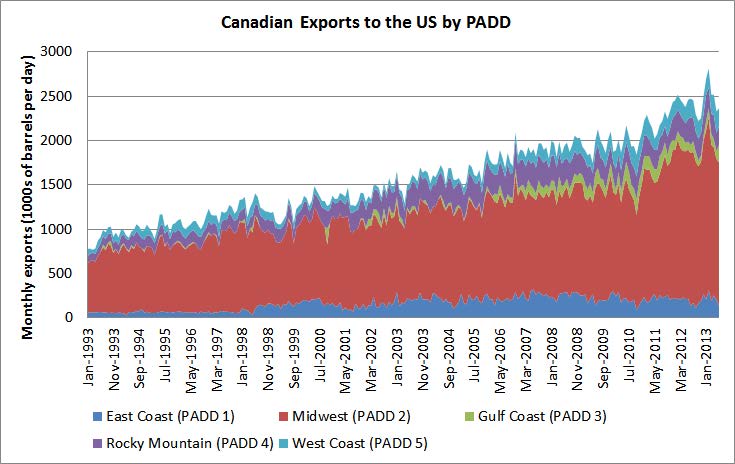
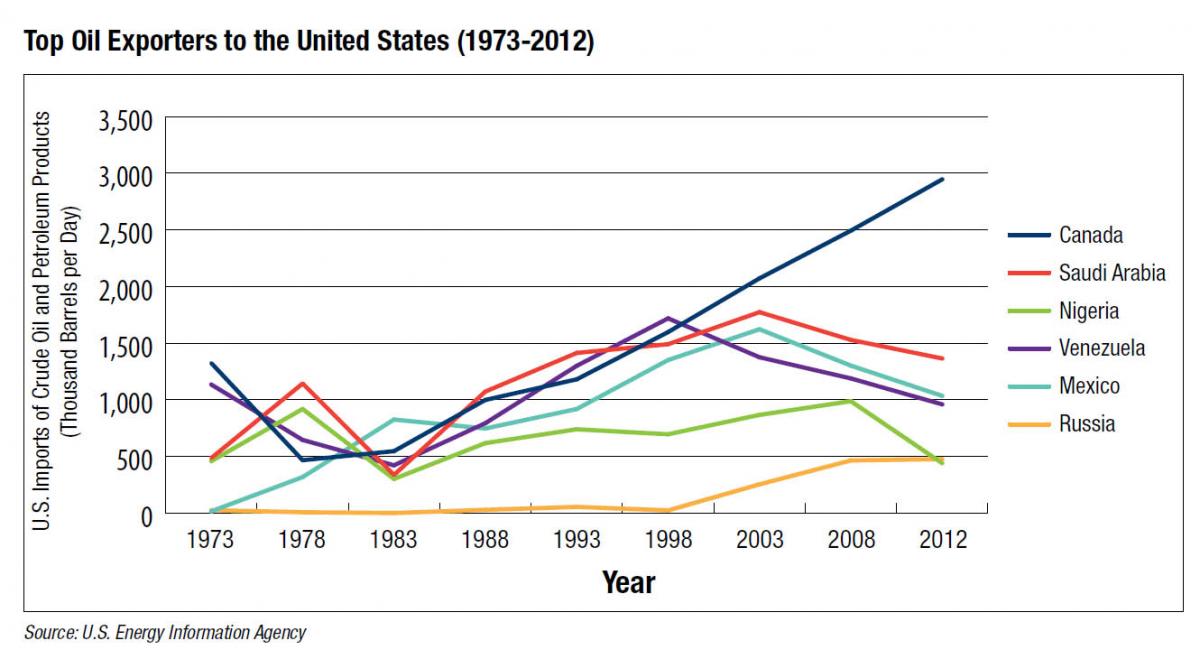


 ..... in both cases.
..... in both cases.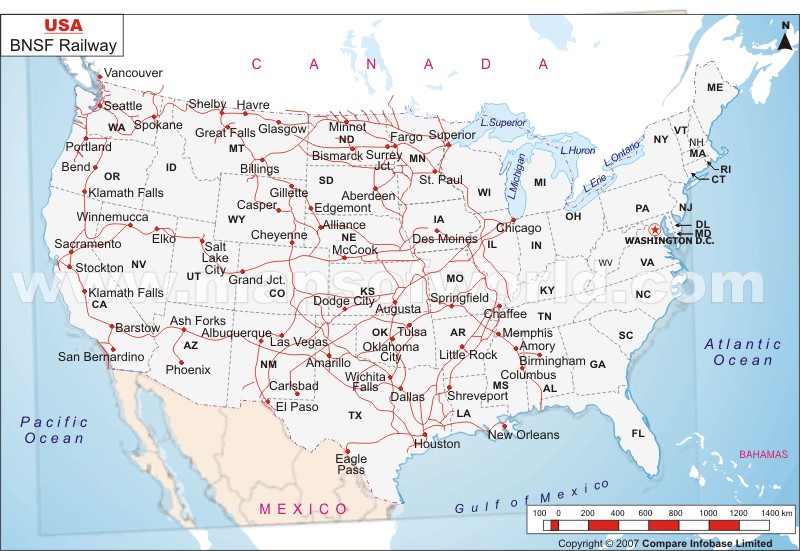

 Burlington Northern Santa Fe Railways is
Burlington Northern Santa Fe Railways is  22% owned by Berkshire Hathaway since 2009.
22% owned by Berkshire Hathaway since 2009.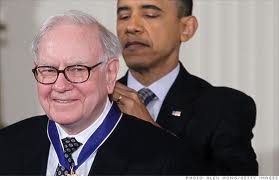
 Suncor, a huge player in the Canadian Oil Sands just last summer.
Suncor, a huge player in the Canadian Oil Sands just last summer. COS.
COS.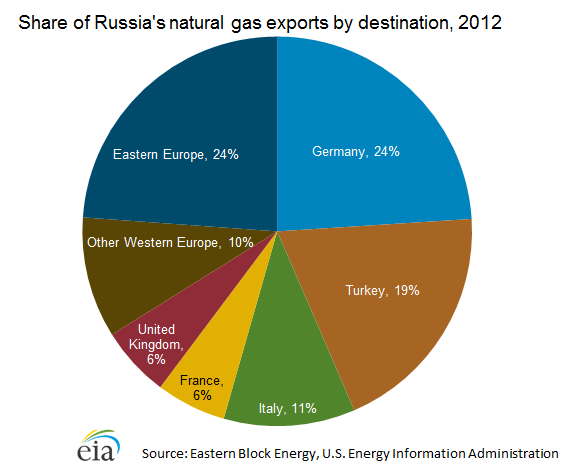
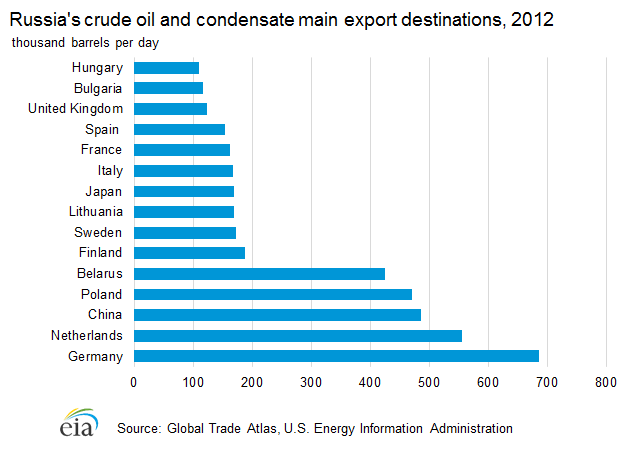
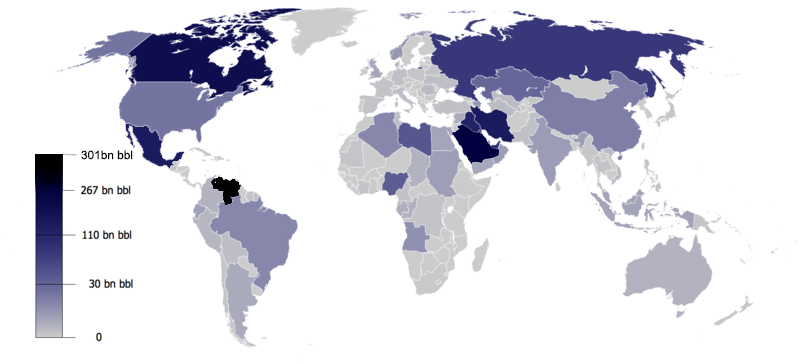
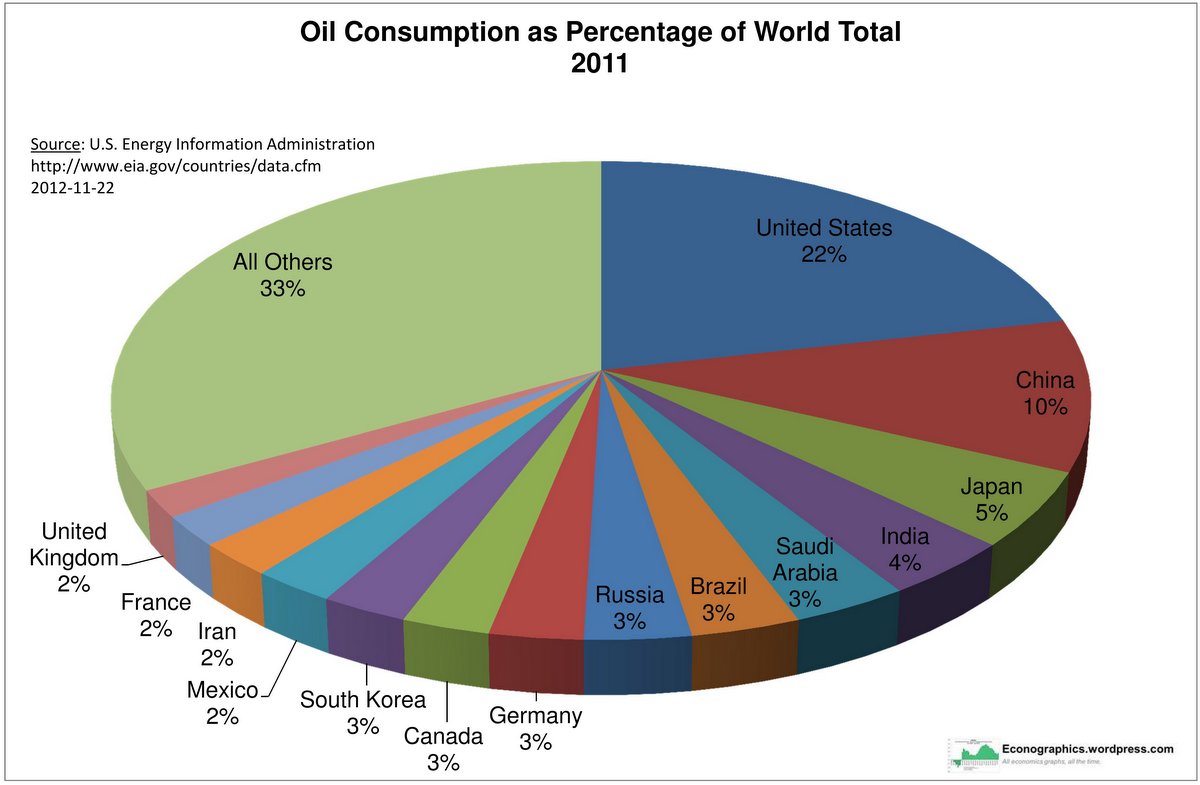
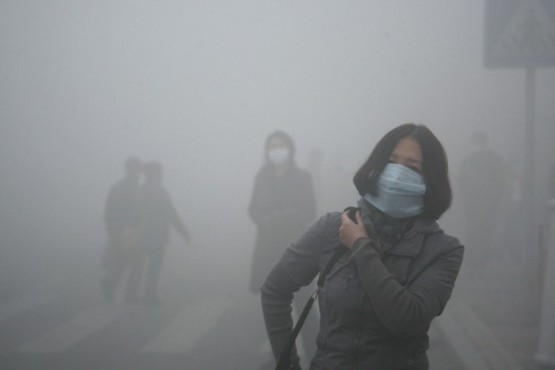


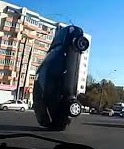
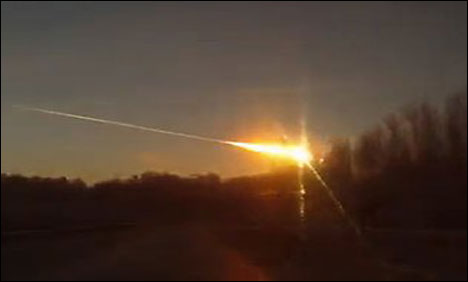
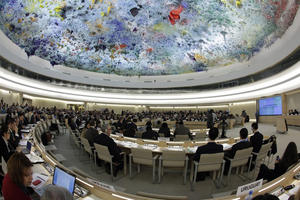
















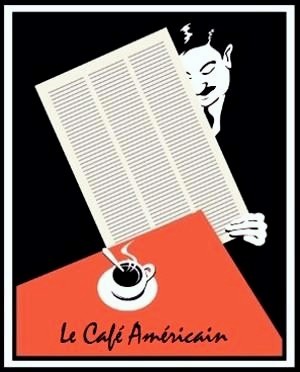




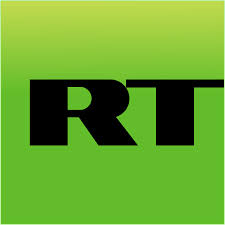














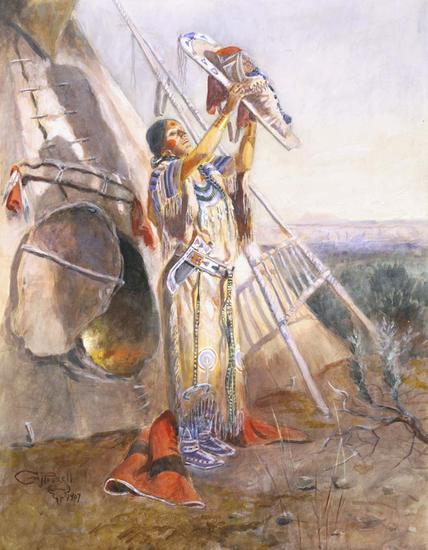
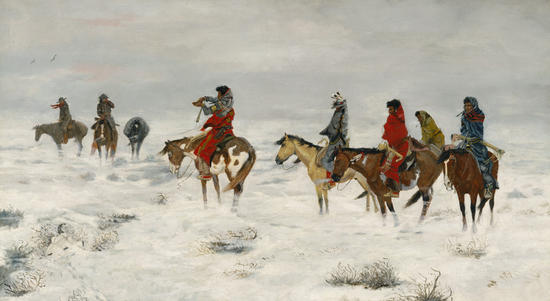

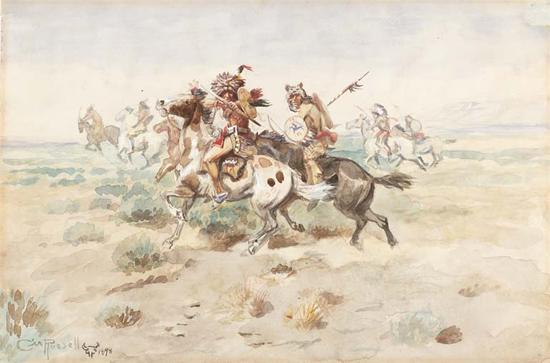






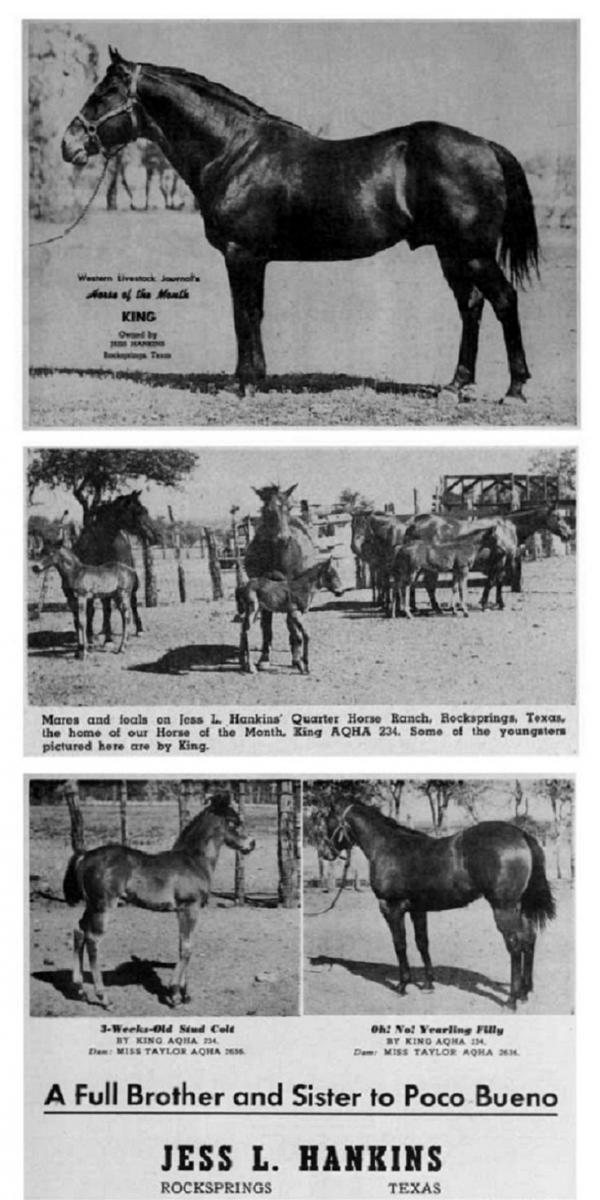

![[Most Recent Quotes from www.kitco.com]](http://www.kitconet.com/charts/metals/gold/t24_au_en_usoz_2.gif)
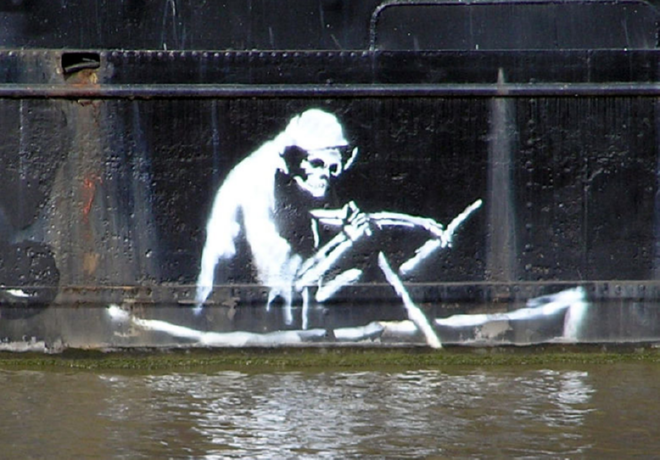
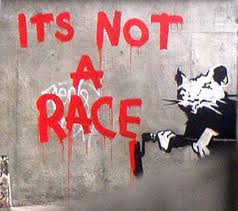
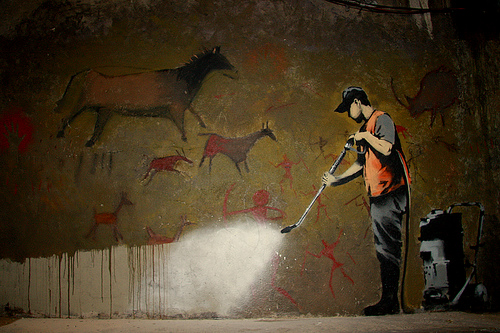
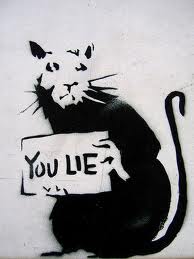
![[Most Recent Quotes from www.kitco.com]](http://www.kitconet.com/charts/metals/silver/t24_ag_en_usoz_2.gif)
